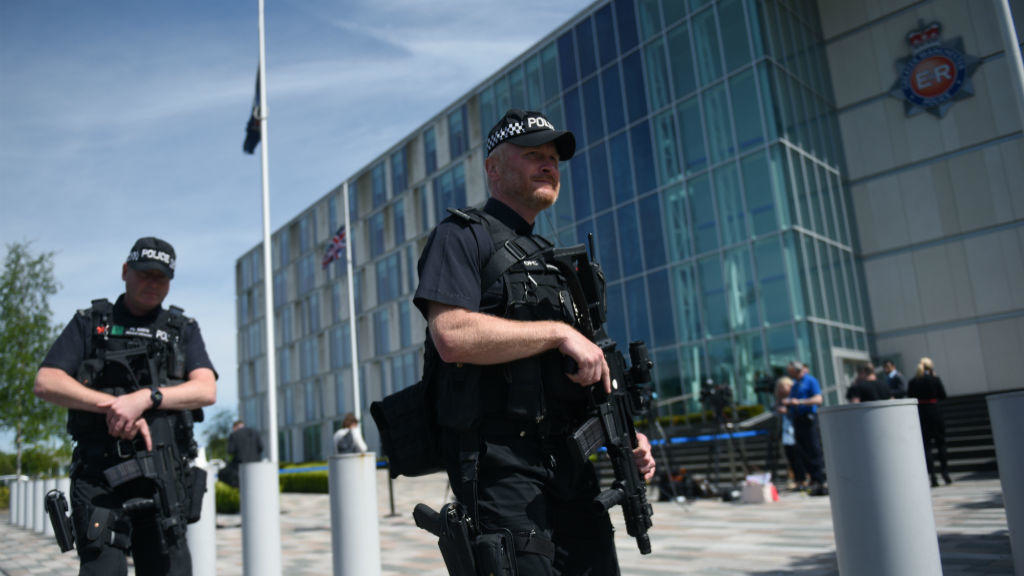It is a cliché that politics is the art of the possible. The Security Offences (Special Measures) Bill 2012 (SOSM) is a triumph in the art of making more possible than ever before: The Prime Minister has radically altered the entire tone of the political debate in just under seven months.
He promised to act last September and repeal the ISA. He did it. The two year detainment is gone. The need not to arrest anyone for their political beliefs is made clear and explicit. The worst abuses of the ISA are now removed, an in its place we have a reasonable and normal piece of legislation, some would say more liberal than UK or US security laws.
The repeal of the ISA was historic. Najib kept his promise. Everyone noticed, from David Cameron to the Washington Post and the Wall Street Journal and Financial Times and BBC and Voice of America, and even Anwar, who was gentlemanly enough to describe Najib’s ISA repeal as “commendable.”
As is typical for the Opposition, the SOSM has been decried with the usual parade of horribles. As this is Opposition ritual more than any substantive discussion — and as de facto Opposition Leader Datuk Seri Anwar Ibrahim has all but admitted that there are few substantive flaws in the bill — it is important to actually assess the bill.
Even Pakatan Rakyat will, in unguarded moments, admit that the Government must have the ability to detain terrorists and gather information needed to charge and prosecute them — and in the world of modern international terror networks, this can be devilishly hard to accomplish.
This is a problem that has vexed other countries, including the United States and the United Kingdom. In the UK, the Serious Organised Crime and Police Act 2005 grants the police the right to search and detain individuals even suspected of being terrorists, without a warrant. Police may detain an individual for 48 hours for investigative purposes, and that time period may, with judicial review, be extended up to 28 days.
In the US, under the USA Patriot Act, the United States Government can hold an immigrant suspected of terrorist activity for an indefinite period — not months, not even years, merely as long as the Government feels it appropriate. There is no judicial review for this indefinite detention, though a lesser judge will review the case if the Government seeks to deport the immigrant.
It is therefore worth noting that in the case of the US, the law is in some ways more stringent, than the SOSM. This is not surprising. The Government has spent the last two years diligently developing this proposed replacement, drawing on the experience of other governments and domestic stakeholders.
The Government has also committed to reviewing the bill for future revision, a key aspect of other countries’ approaches as well — both the US and UK have dramatically revised their security laws numerous times over the last decade.
What Pakatan Rakyat tends to ignore, in its attacks on the ISA successor law, is that any security bill is a balancing act. Two sets of concerns must be weighed in producing the final product, and in the modern age of adaptive international terrorism, there must be room for revision.
On the one hand, there must be respect for civil liberties while still providing protection against terrorists and their sort. As Prime Minister Datuk Seri Najib Razak has noted, the SOSM leans very heavily in favour of liberalisation to protect civil liberties — farther than the ISA ever would. But at the same time, the bill must provide the police — who have been opposed to the repeal of the ISA — the tools to arrest, confine, and interrogate suspects.
More important in some ways is the second balancing act. The Government is not some all-seeing monolith. Barisan Nasional’s politicians represent different constituencies with differing opinions on defence and civil liberties. To shepherd this bill through the Dewan Rakyat means that there must be law enforcement tools that allow the detention and investigation of terrorists. This is simply a political fact on the ground: Najib is dragging his party and his coalition into the 21st Century. This is no small task.
And the SOSM is no small accomplishment. If a political observer a mere year ago had suggested that the Government would repeal the ISA and replace it with a bill only allowing limited detention of suspected terrorists, most political observers would have laughed.
It is to Najib’s historic credit that the promises of reform he made years ago were not empty words, and that he has so completely shifted the terms of the political debate that the Government is now seen as the real reformer in Parliament, and Pakatan Rakyat as merely its echo.

